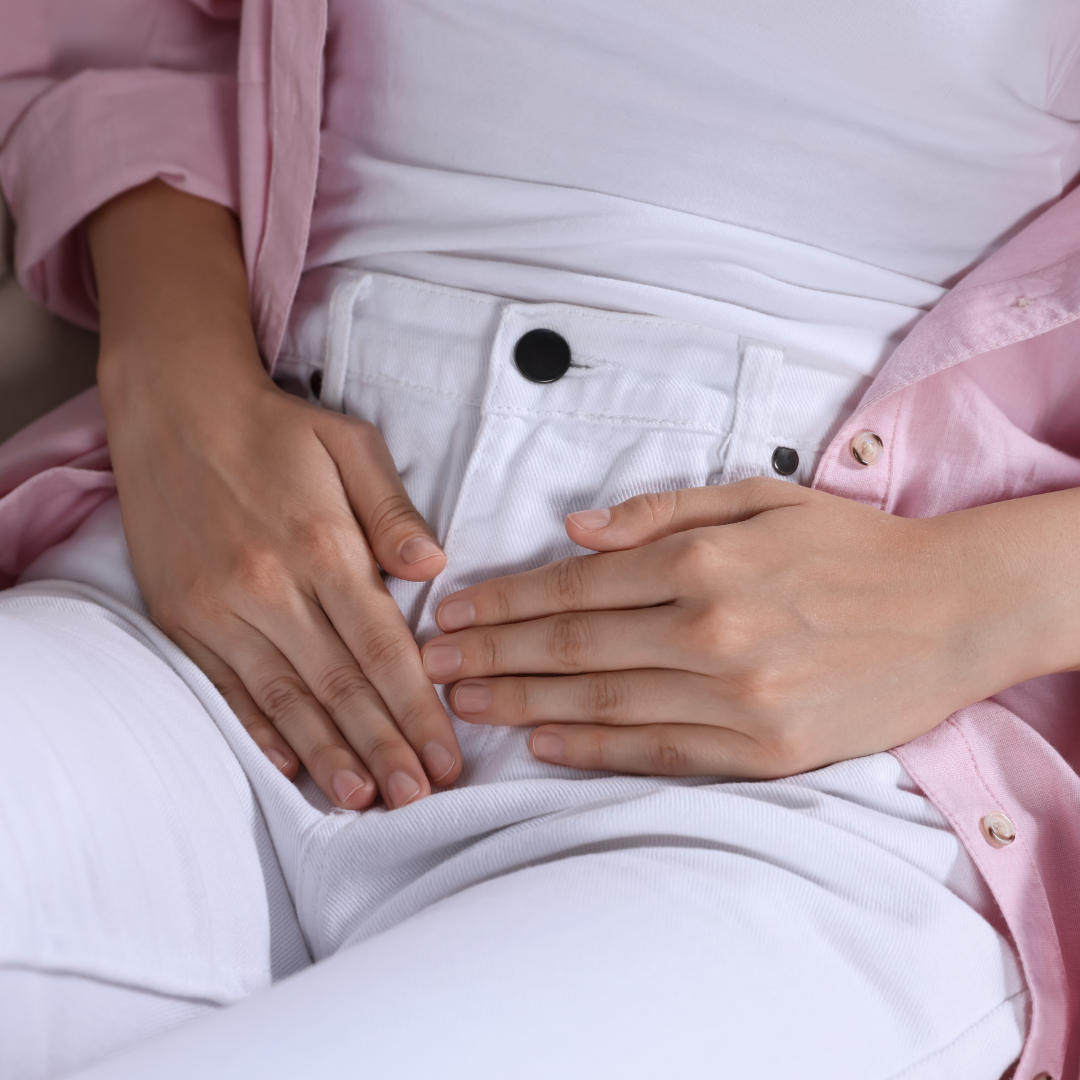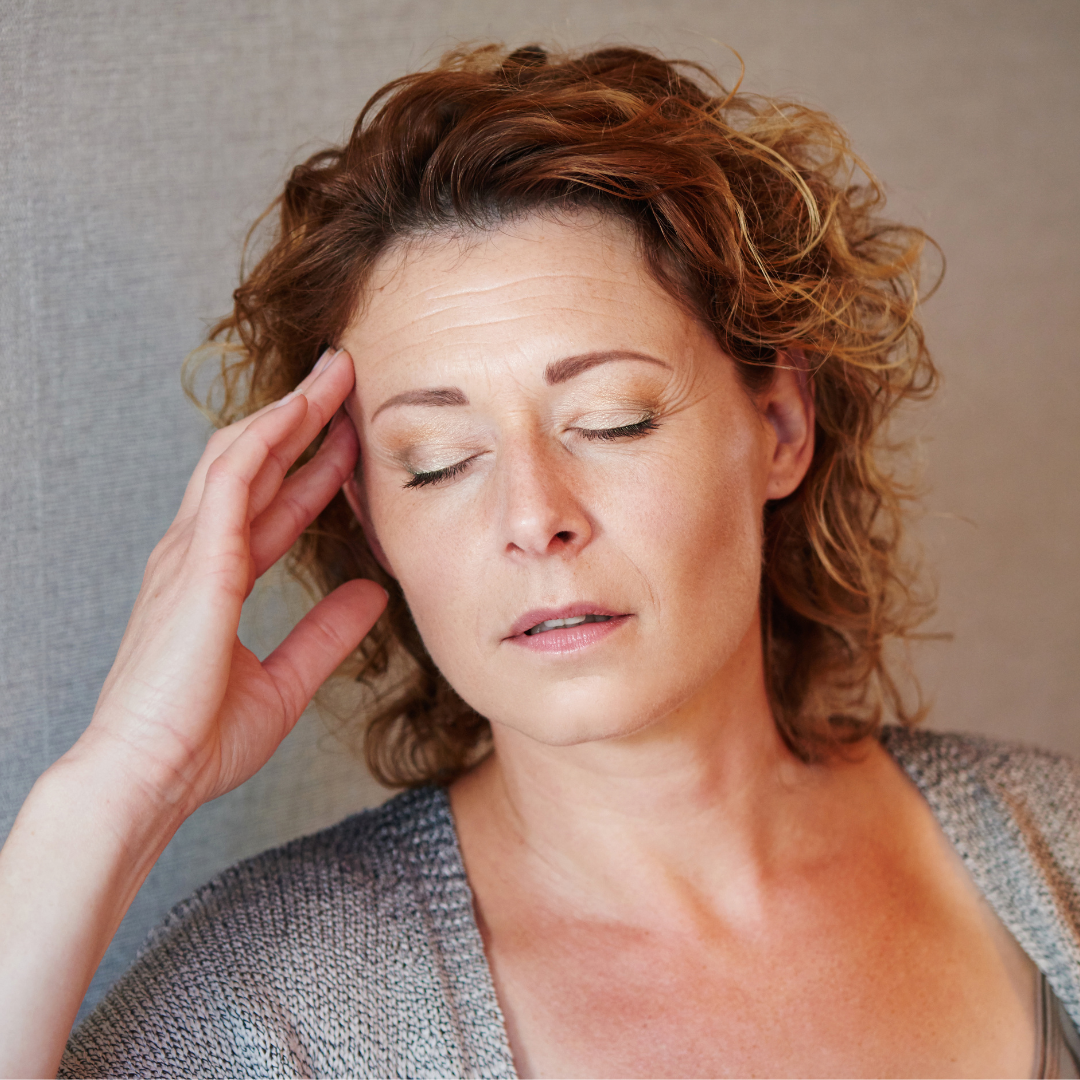
Breaking taboos | Genitourinary Syndrome of Menopause
Genitourinary Syndrome of Menopause (GSM), often referred to as urogenital atrophy, affects the tissues in and around the vulva, vagina and lower urinary tract. Caused by declining levels of oestrogen during perimenopause and menopause, it affects up to 80% of menopausal women, but is rarely spoken about for fear of embarrassment and historical taboo.
What symptoms can I expect?
Symptoms of GSM, often referred to as Vaginal Atrophy or VA for short, will vary from woman to woman in the same way other menopause symptoms vary. In fact, every menopause journey, like every woman, is unique. From vulval and vaginal dryness, itching, burning, infection and general irritation to uncomfortable smear tests, painful sex, urinary urgency and Urinary Tract Infections (UTIs), declining oestrogen has a lot to answer for.
Sexual pleasure, intimacy and quality of life can also become a real issue for many women, but this doesn’t need to be the case. In fact, none of these should be accepted as the norm simply because oestrogen levels are falling. You matter. Your intimate well-being matters. Your quality of life matters, just as much as it always has. There’s no need whatsoever to suffer in silence.
Where should I seek help?
Speaking up and discussing symptoms with a doctor is a big step for many women, but seeking help early can go a long way toward preventing more chronic infections and conditions developing. In fact, discussing intimate symptoms or loss of sexual pleasure really is just a part of a doctor’s day job. Don’t let embarrassment get in the way of something that more often than not can be addressed very easily.
It’s also important to keep open lines of communication with loved ones, particularly if sexual pleasure and intimacy are areas of distress and concern. As well as easing intimacy itself, they can work with you to help prepare for a doctor’s appointment. As the saying goes, sharing is caring, and that couldn’t be more true with intimate discomfort.
⠀⠀⠀⠀⠀⠀⠀⠀⠀
What treatments are available?
There are many treatment options for all aspects of GSM, both over the counter and on NHS prescription. They include hormone free, urogenital friendly moisturisers and lubricants as well as topical hormonal treatments.
Moisturisers and lubricants, such as Sylk Natural Lubricant, usually provide instant relief and comfort for as long as they’re used, though it’s important to check ingredients when you’re deciding which one to use. Look out for natural ingredients, and ensure they’re free from parabens and harsh chemicals, and are fragrance free. These products can be used alongside systemic Hormone Replacement Therapy (HRT), as well as topical hormone treatments.
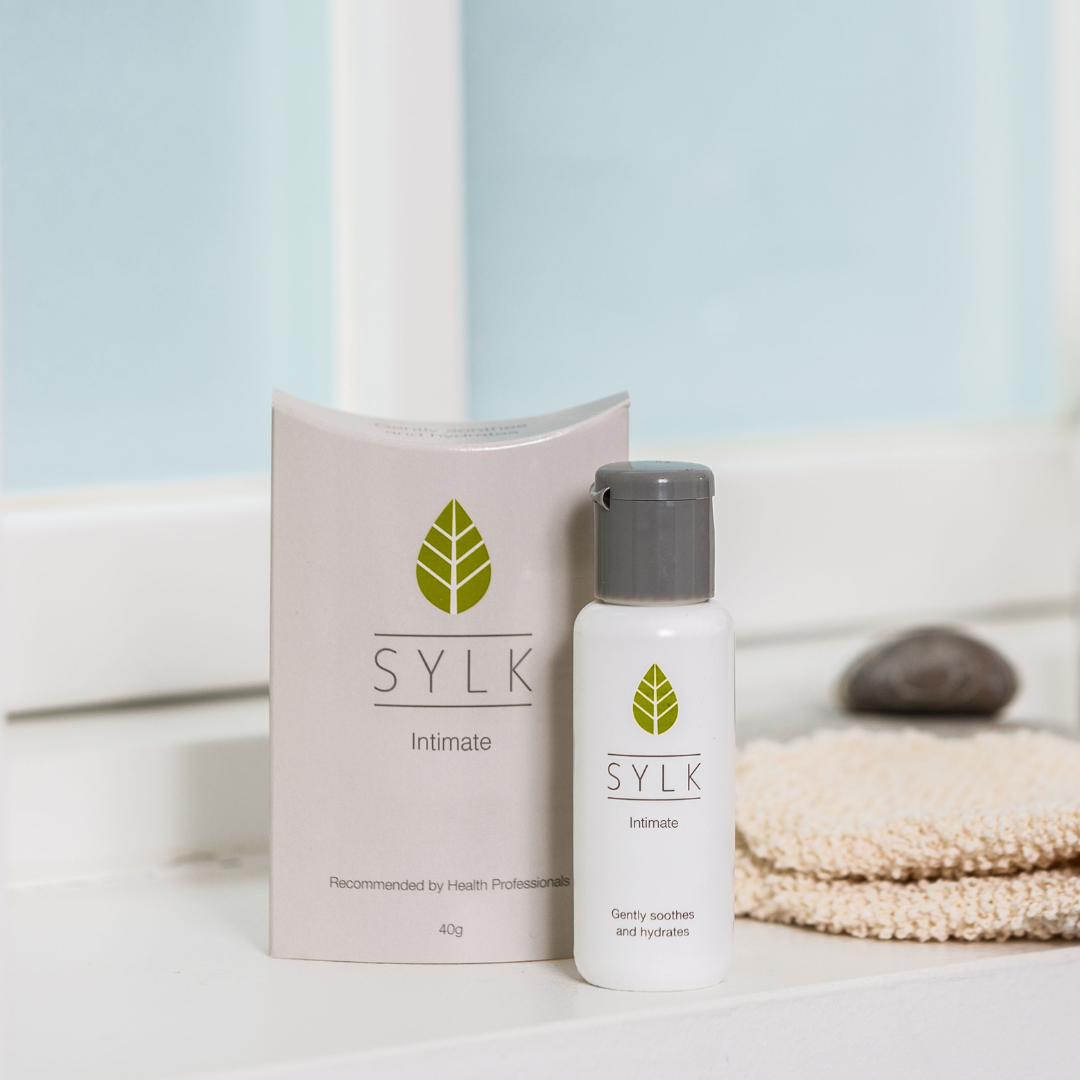
Topical hormonal treatments come in creams, gels, pessaries and rings, and are incredibly low dose oestrogen. They can be used alone, alongside other HRT treatments or, as previously mentioned, alongside hormone free moisturisers and lubricants.
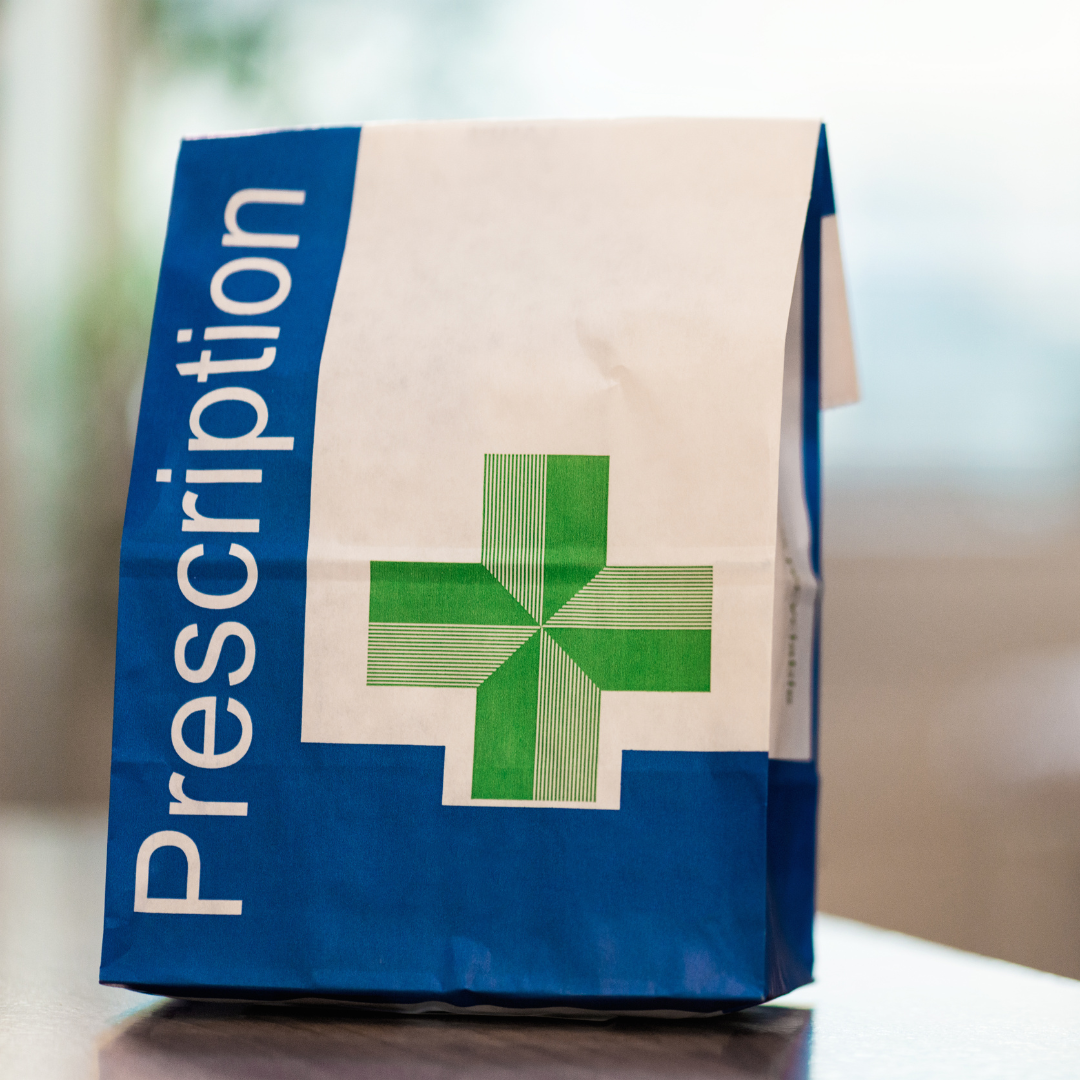
Local treatments, both hormonal and non-hormonal, can also be used by most breast cancer survivors and breastfeeding women, who may also experience vaginal dryness as a result of depleted oestrogen.
As with most things in menopause, finding which treatment or combination of treatments works for you can be trial and error. There’s no one size fits all and not every treatment will work for every woman. It’s also worth noting that it can take some time for the benefit of treatments to take effect, particularly in cases of extreme atrophy. Patience is key, as is understanding from partners where intimacy issues are a concern.
Do I need treatment forever?
Once in menopause, the body needs all the help it can get, and treatments should be continued in the long term to help keep symptoms at bay. Regular use of moisturisers and lubricants, alongside local oestrogen treatments if needed, will ensure tissues remain plump, healthy and symptom free. Moreover, treatments are simple, safe and effective.
Despite popular myth, there’s no upper limit on how long you can use treatments, whether hormonal or otherwise, and many woman consider them an essential part of their menopause self-care toolkit.
Whatever your age, self-care and intimate wellness isn’t selfish. Nor is taking control of your menopause journey.
About Sylk Intimate Lubricant
Sylk Intimate Lubricant is water-based, colourless, odourless, tasteless and contains no nasties – that’s no harmful chemicals, hormones, or parabens. It matches the vagina’s natural pH, helping to keep bacteria at bay whilst gently and safely hydrating and moisturising your most intimate area. Sylk Intimate Lubricant is safe to use with condoms and sex toys, and during pregnancy and breastfeeding.
Find out more at www.sylk.co.uk
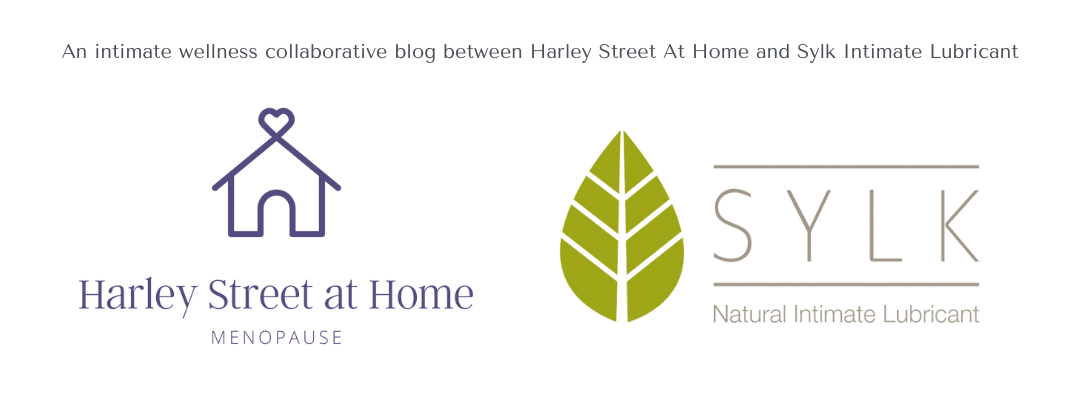
www.harleystathome.com | Instagram @harleystreetathomemenopause
Facebook: Search Harley Street at Home: Diagnosis, Symptoms & Treatments or Harley St at Home: Lifestyle, Self-Care and Lifestyle to join our private community
